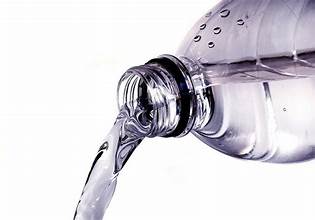India’s Food Safety and Standards Authority (FSSAI) has classified packaged drinking water and mineral water as “high-risk food” products, which will now require stricter safety measures and regular audits.
This decision follows the October 2024 move by the government to eliminate the need for Bureau of Indian Standards (BIS) certification for these products. While the change aims to enhance consumer safety, it does not indicate that these products are unsafe but ensures more stringent quality checks.
Key Changes for Packaged Drinking Water and Mineral Water Manufacturers
Under the updated regulations, manufacturers and processors of high-risk foods like packaged drinking water will need to undergo mandatory inspections before receiving licenses or registrations. In addition, they are now required to undergo annual audits by FSSAI-recognized third-party food safety agencies.
Previously, businesses in this sector faced dual certification requirements, needing approval from both the BIS and FSSAI, which resulted in higher costs and delays. The updated regulations streamline this process and focus on more rigorous safety protocols without the need for separate BIS certification.
What Does Being Classified as “High-Risk Food” Mean?
The classification of packaged drinking water and mineral water as “high-risk food” simply means that these products will now be subject to stricter safety checks and regular inspections, which are aimed at ensuring the highest standards of quality for consumers. It does not suggest that these products are unsafe but will lead to more thorough safety and quality oversight in the industry.
High-Risk Food Categories and Their Audits
High-risk food categories include products that require frequent inspections and auditing to ensure compliance with safety standards. Aside from packaged drinking water, the following food products are classified as high-risk:
- Dairy products and analogues
- Meat and poultry products
- Fish and seafood
- Eggs and egg products
- Nutritional food products
- Prepared foods
- Indian sweets
- Fortified food products (like fortified rice kernels)
These products must undergo annual, risk-based inspections, and businesses are subject to regular audits by recognized food safety agencies. Food safety officers in each state and union territory also monitor the progress of these inspections.
Conclusion
The FSSAI’s move to label packaged drinking water and mineral water as high-risk food is part of a broader initiative to ensure food safety and consumer health. By implementing mandatory inspections and audits, the government aims to enhance quality control across the food industry while addressing the concerns of businesses that faced challenges under the dual certification system.















